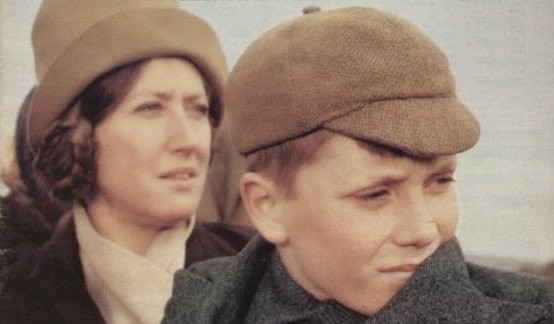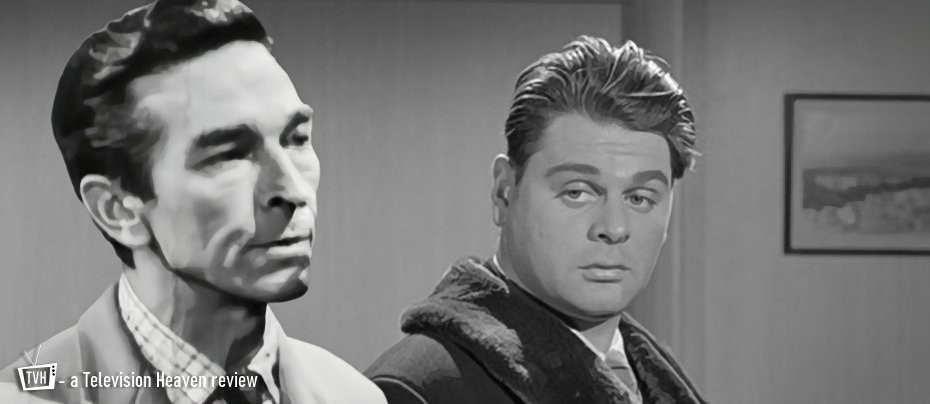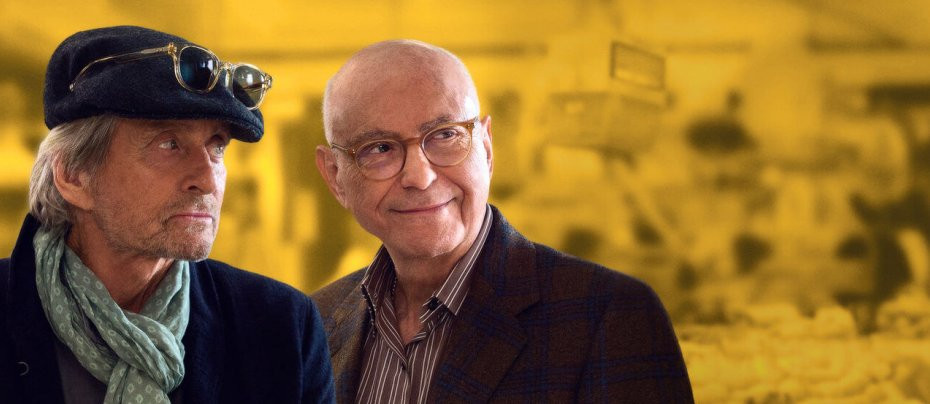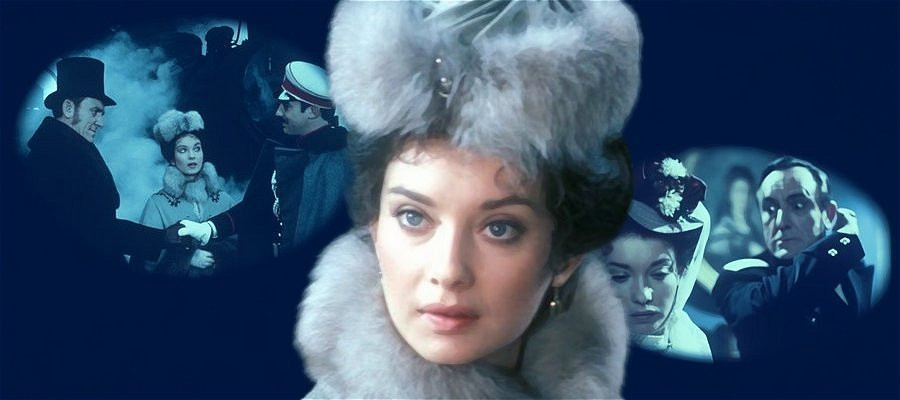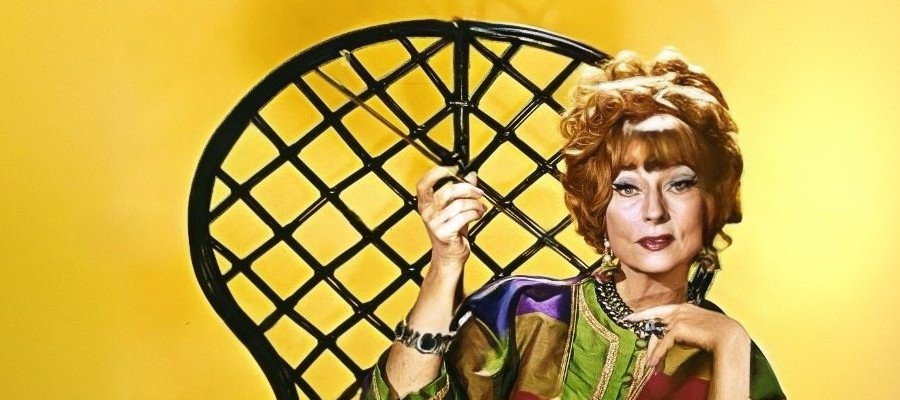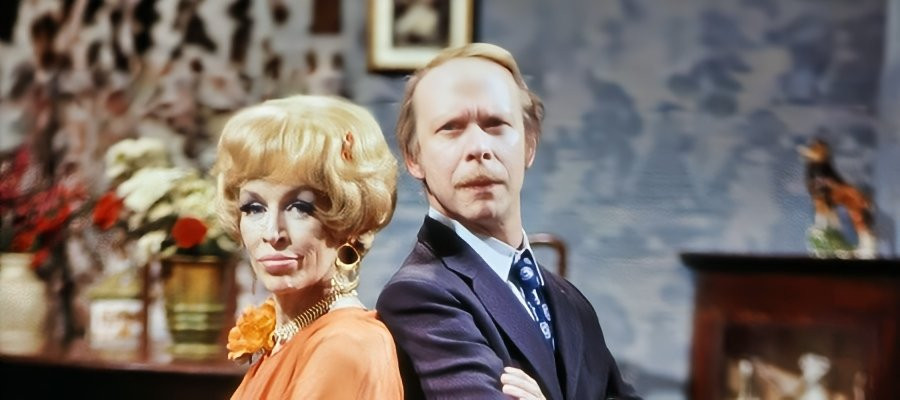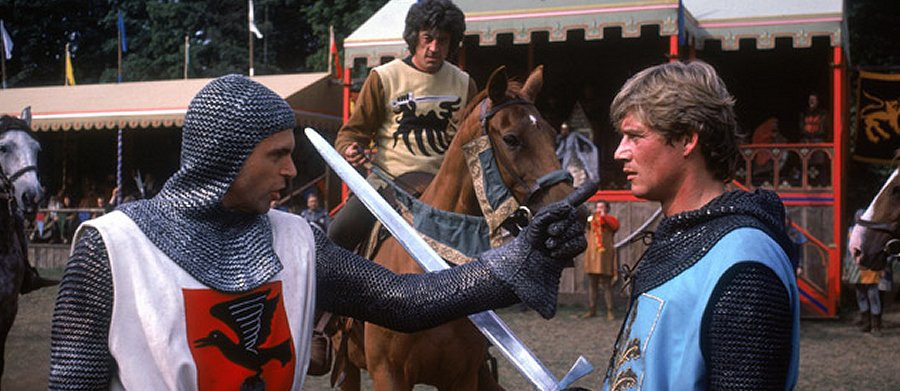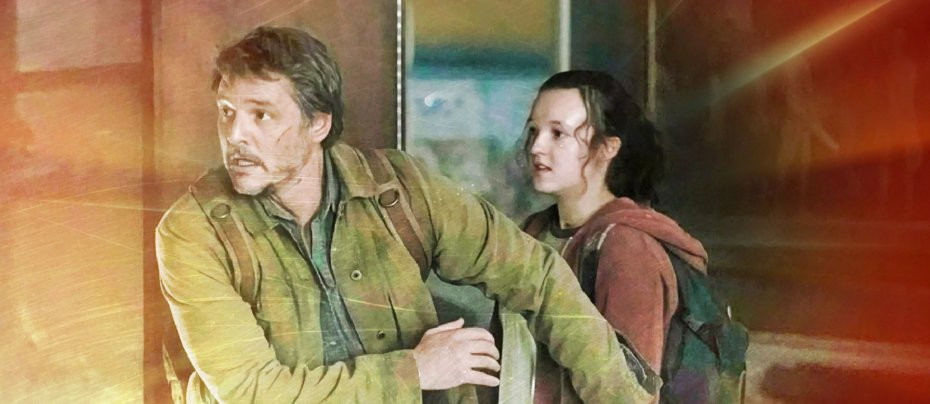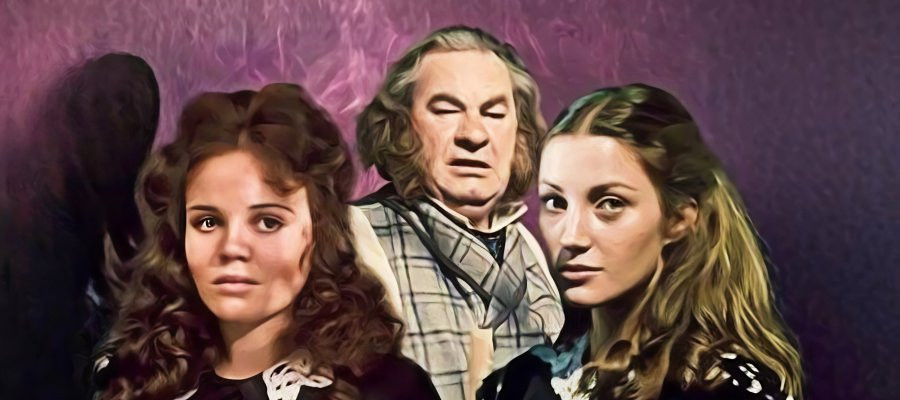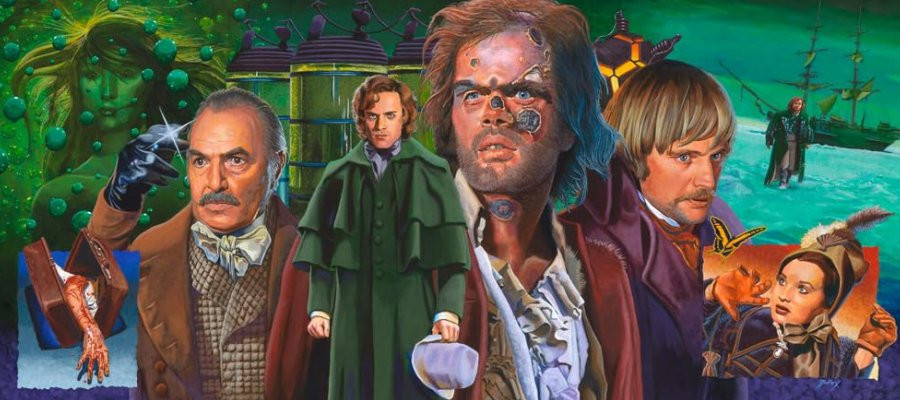
Frankenstein: The True Story
1973 - Uk UsaFrankenstein: The True Story, a two-part television film first broadcast in 1973, is an ambitious reimagining of Mary Shelley's classic novel. Produced by Universal Television under the working title Dr. Frankenstein, the project was the passion piece of American TV producer Hunt Stromberg Jr., who set out to create what he hoped would be the definitive adaptation of the Frankenstein mythos. Though ultimately divisive, the result remains one of the most intriguing and visually lavish versions ever made for the screen.
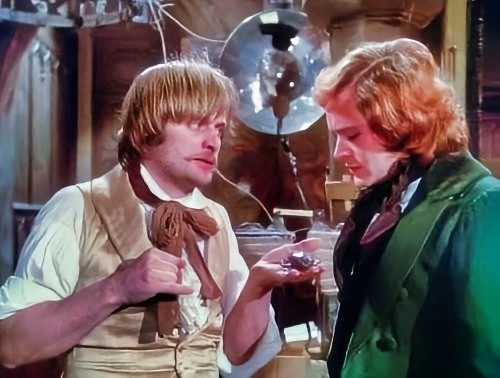
The story opens with a tragic twist: Victor Frankenstein (Leonard Whiting), freshly minted as a doctor, loses his younger brother William in a sudden accident. Devastated and disillusioned with God, Victor becomes obsessed with the idea of reversing death. While studying in London, he encounters the eccentric and hard-drinking Dr. Henry Clerval (David McCallum), who claims to have discovered how to reanimate dead matter. The two men, bonded by a shared vision, set out to craft the perfect human from salvaged corpses. However, Clerval dies before they complete their experiment, and in a poignant act of tribute, Victor uses Clerval’s brain in the final creation.
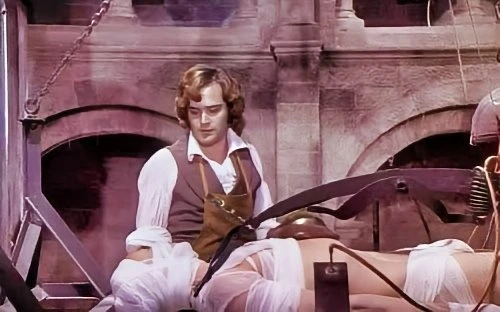
What follows is a Frankenstein story unlike any other: Victor’s creature (played by Michael Sarrazin) is not a grotesque monster, but a beautiful, intelligent man introduced into high society. The initial triumph turns to horror, though, when Victor discovers a fatal flaw—the reanimated flesh begins to decay, both physically and mentally. This decaying perfection becomes a metaphor for lost innocence and the inevitable corruption of idealism.
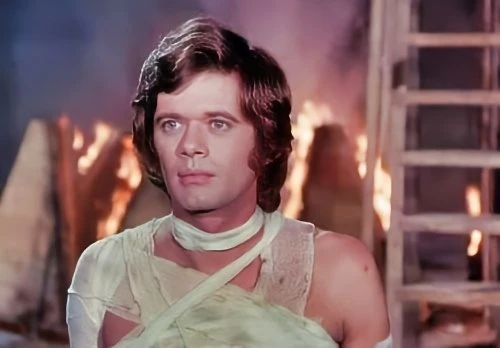
The production was mounted with extraordinary care and a clear cinematic ambition. Stromberg brought in acclaimed writer Christopher Isherwood, with Don Bachardy co-developing the script. Isherwood was instrumental in convincing the team to film in the UK, though the story was set in Switzerland. The film was shot at Pinewood Studios and various picturesque UK locations, which lend the movie a gothic elegance rarely seen in TV movies of the era.
Director Jack Smight, chosen for his work on The Illustrated Man and No Way to Treat a Lady, helmed the production with a strong visual sensibility. Cinematographer Arthur Ibbetson, known for his work on Where Eagles Dare and The Railway Children, gives the film a lush, almost painterly look, while makeup veteran Roy Ashton (of Hammer Films fame) crafted the creature’s transformation with care and ingenuity.
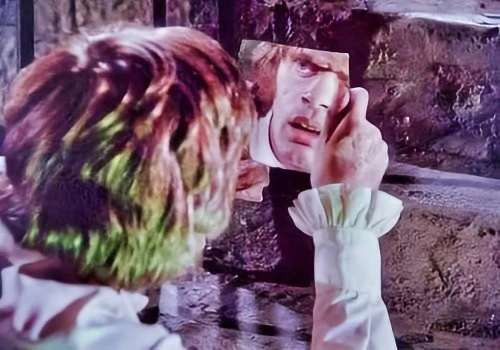
The supporting crew reads like a who's who of top British film talent: production designer Wilfred Shingleton (whose credits included The African Queen and The Innocents), editor Richard Marden (Sleuth, Sunday Bloody Sunday, Anne Of A Thousand Days), and production manager Brian Burgess (who had previously worked on the Gerry Anderson productions Thunderbirds, Captain Scarlet and the Mysterons and the 1969 film Doppelganger), was fresh off Hitchcock's Frenzy. Together, they helped give the film a polish and scale that exceeded most TV productions of its time.
Casting was equally deliberate. Leonard Whiting, remembered for his role in Zeffirelli’s Romeo and Juliet, brought youthful intensity and vulnerability to Victor. Michael Sarrazin, building on his performance in They Shoot Horses, Don’t They?, played the creature with quiet dignity and tragic charm. James Mason lent sinister elegance to the manipulative Doctor Polidori (a character inspired by Lord Byron’s real-life physician), while Nicola Pagett and Jane Seymour added emotional and visual weight in key female roles—Seymour in particular shines in a dual performance as the peasant girl Agatha and the unsettlingly beautiful female creature, Prima.
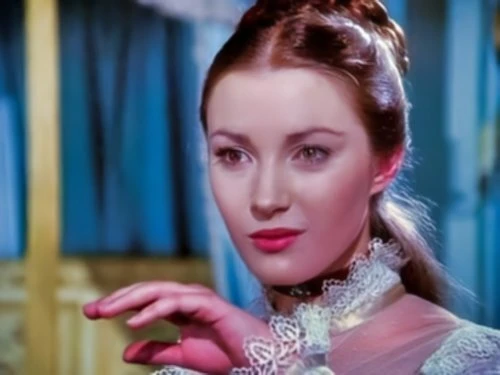
Veteran actors such as John Gielgud, Ralph Richardson, and Agnes Moorehead pepper the film with gravitas in small but memorable parts, and even a young Tom Baker makes an appearance.
Upon its original U.S. broadcast, Frankenstein: The True Story earned solid ratings and a generally warm reception. In the UK, however, it was first released in cinemas in a truncated 123-minute version in 1974, which critics found overly long and somewhat dull. A full television premiere followed in December 1975.
Despite the mixed reviews, the film has since become a cult favourite, especially among fans of gothic horror and literary adaptations. Its take on the Frankenstein myth explores themes of vanity, loss, and the dangers of scientific hubris with a more romantic and psychological lens than many adaptations. The homoerotic subtext between Victor and his creation, a notable addition by Isherwood and Bachardy, adds an extra layer of complexity to the narrative. However, both writers reportedly expressed disappointment with the final cut and went on to publish their own version of the screenplay as a novel, Dr. Frankenstein, later that year.
Frankenstein: The True Story is far from a traditional retelling—it’s a haunting, melodramatic, and at times surreal interpretation of Shelley’s themes, filtered through 1970s aesthetics and television sensibilities. Though uneven in pacing and tone, it’s a lavish and fascinating production that dares to reinvent rather than merely adapt.
Verdict (2025 perspective):
★★★☆☆
For fans of gothic horror, it remains a beautifully crafted oddity worth rediscovering.
Seen this show? How do you rate it?
Seen this show? How do you rate it?
Published on April 17th, 2025. Written by Laurence Marcus for Television Heaven.


